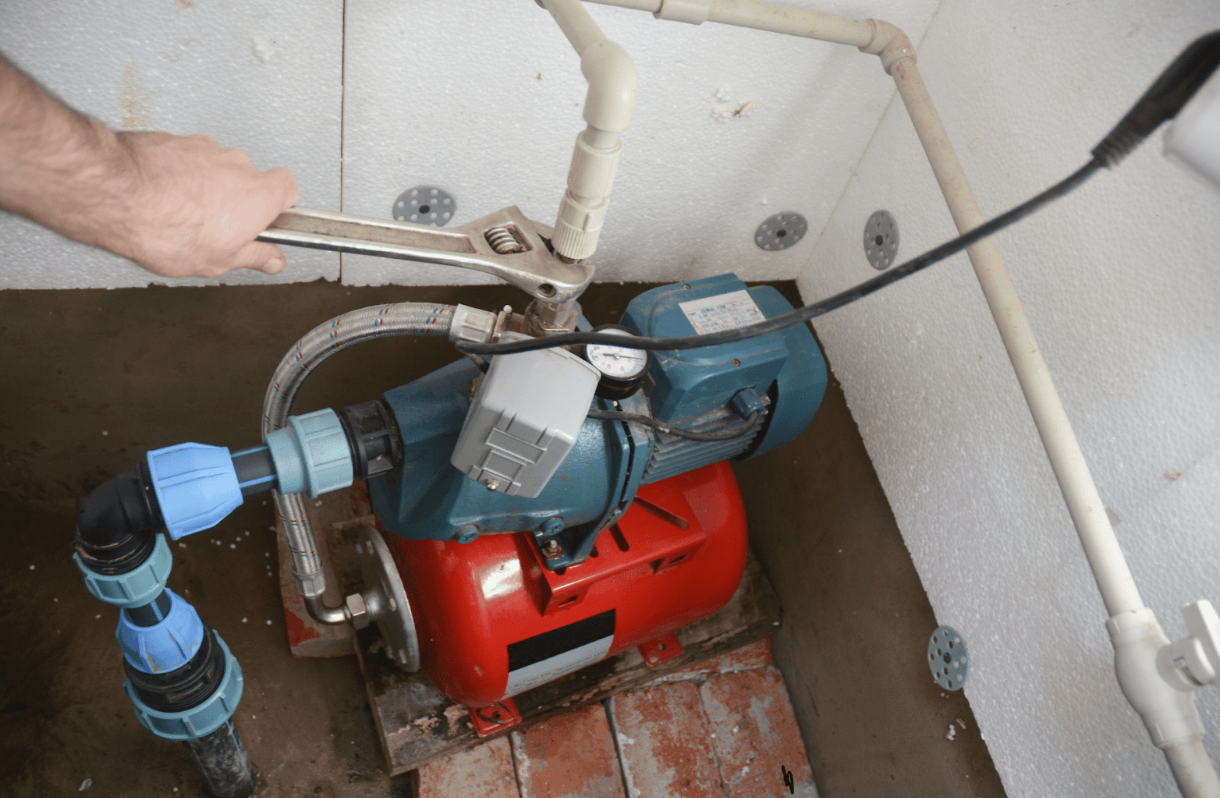DIY vs Professional Water Pump Installation – Which is Better?

Water pumps are essential for many households, farms, and businesses. From ensuring a steady supply of water for your home to powering irrigation systems or industrial processes, a properly installed water pump can make daily life smoother and more efficient. But when it comes to installing one, a common question arises: Should you do it yourself (DIY) or hire a professional installer?
At first glance, tackling the installation yourself might seem like a good way to save money and learn something new. On the other hand, calling in an experienced professional guarantees the job is done safely and correctly. To help you make the best choice, let’s take a closer look at both options—the advantages and disadvantages of DIY work compared to professional water pump installation—so you can decide which approach is the right fit for your needs.
The Appeal of DIY Water Pump Installation
For many homeowners, DIY projects bring a sense of satisfaction and cost savings. The same goes for water pump installation.
Advantages of DIY Installation
- Lower Initial Cost
Labor charges can be a significant part of any installation project. By doing the work yourself, you eliminate those fees and pay only for the pump and materials. - Flexibility and Control
When you install a pump yourself, you set your own pace. There’s no need to schedule appointments or wait for technicians to arrive. You decide when and how to complete the job. - Hands-On Learning
Taking on a project like this can expand your knowledge of plumbing and electrical systems. For DIY enthusiasts, the process itself can be rewarding and educational.
Risks of DIY Installation
- Technical Challenges
Water pumps require precise alignment, correct wiring, and proper sealing to function efficiently. A small mistake—like improper priming or loose connections—can lead to leaks, poor performance, or even total pump failure. - Safety Concerns
Water pump installation often involves working with both water lines and electrical wiring. This combination poses serious risks if handled incorrectly. Electrical shocks, short circuits, and flooding are real possibilities. - Hidden Costs
While DIY may seem cheaper upfront, errors can lead to expensive repairs or the need for complete reinstallation. In some cases, warranties may also be voided if the pump is not installed by a licensed professional.
In short, DIY installation is best suited for individuals with strong technical skills and experience in plumbing and electrical work.
The Benefits of Professional Water Pump Installation
Hiring a licensed technician to install your water pump provides a level of expertise and reliability that’s difficult to achieve on your own.
Advantages of Professional Installation
- Expert Knowledge and Experience
Professionals have handled dozens, if not hundreds, of installations. They understand the nuances of different pump types—whether submersible, centrifugal, jet, or booster pumps—and know how to adapt the setup to your unique needs. - Time Efficiency
What might take you an entire weekend, a professional can often complete in just a few hours. This not only saves you time but also ensures minimal disruption to your water supply. - Quality Assurance
A properly installed water pump runs more efficiently and lasts longer. Most professionals also provide a warranty or service guarantee, giving you peace of mind that the job has been done right. - Compliance and Safety
In many areas, there are building codes and safety regulations that govern pump installations. A professional ensures your system meets these requirements, reducing the risk of penalties or hazards.
Possible Downsides
- Higher Cost
Professional installation comes with labor fees, which can vary depending on the pump type and complexity of the job. However, these costs often pay off by preventing future breakdowns. - Scheduling Constraints
During busy times, you may need to wait for an appointment, which can be inconvenient if you need the pump urgently.
DIY vs Professional: How to Decide
The best option depends on your situation, skills, and budget. Consider the following factors:
- Your Experience Level: If you’ve worked on plumbing or electrical projects before, you may feel confident installing a small residential pump yourself. If not, the risks may outweigh the savings.
- Pump Complexity: Installing a simple booster pump for a garden might be manageable for a DIYer. But a submersible pump for a well or a large irrigation system is far more complex and should be left to experts.
- Long-Term Reliability: A professional installation typically ensures fewer breakdowns, better performance, and a longer lifespan for the pump.
- Budget: If your budget is tight, you may lean toward DIY—but remember that mistakes can lead to higher costs later.
Read the article: How to Prepare for Your CDC Approval
Final Verdict
Both DIY and professional water pump installations have their place. For small, straightforward projects and skilled homeowners, DIY can be a satisfying way to save money. However, for most people—especially when dealing with critical water supply systems—the benefits of hiring a professional far outweigh the risks.
A professional installation ensures safety, efficiency, and compliance with regulations, while also providing warranties that protect your investment. In the long run, this peace of mind often makes professional installation the better and more cost-effective choice.



